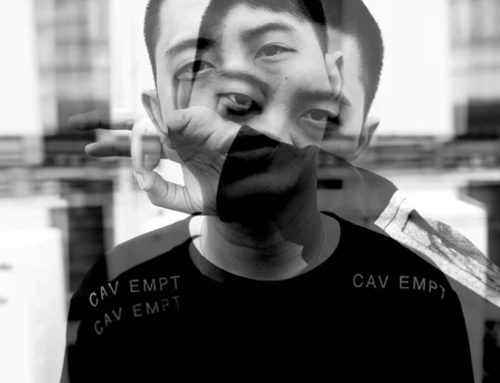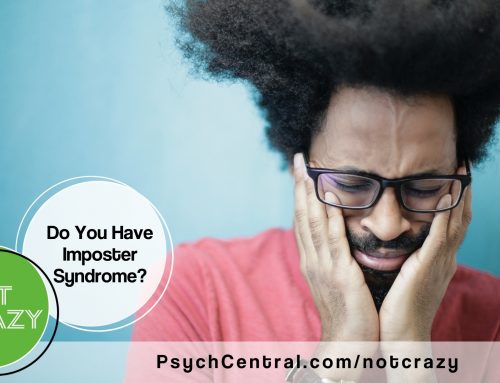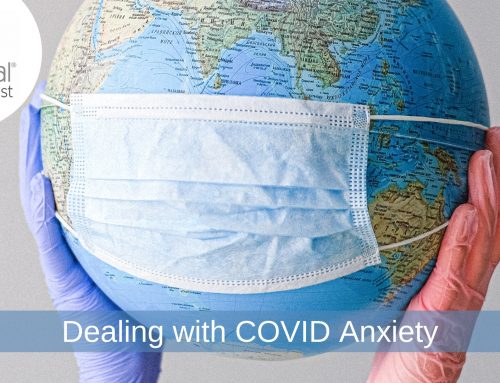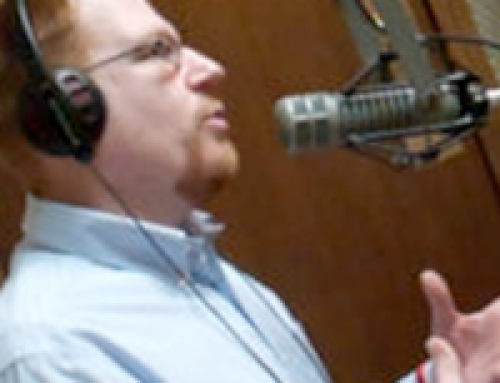Gambling addiction is a growing problem. It can ruin careers, relationships, and much more if not caught and brought under control. This article defines problem gambling and explains how you can help someone with it.
What Is A Gambling Disorder?
The fifth edition of the Diagnostic and Statistical Manual of Mental Disorders (DSM-5) redefines gambling disorder. First described as “an impulse control disorder”, it is now labeled as “a recurrent and persistent compulsive gambling behavior that leads to significant clinical distress and impairment.” The diagnosis of a gambling disorder has also changed a set of behavioral criteria that must be met for at least 12 months. If the person being diagnosed has at least four of the behavioral patterns, they are considered to have a gambling disorder.
Estimates from the National Council on Problem Gambling indicate that about 2% of the American population, or about 10 million people, suffer from some form of gambling addiction. Although the disorder is typically displayed by an uncontrollable desire to participate in gambling activity even when the results of that activity are negative, each person has a different gambling behavior. That means not only is the type of gambling different, but the frequency with which the activity occurs will vary. The only common trait from one gambler to another suffering from this disorder is that they are not able to regulate their gambling activity.
According to this blog post, the statistics between genders is also very different. Studies show that the majority of problem gamblers are men, but women can also be affected. The main difference, according to research conducted in Sweden, is that women are more susceptible to developing a gambling addiction.
However, women are more likely to own up to the fact that they have a problem with gambling. Women also tend to seek help to recover from their addiction. Problem gamblers are pretty good at hiding their problem until they can no longer do so; online gambling has assisted in helping some conceal their addiction.
How To Help Someone You Know With A Gambling Disorder
Not everyone suffers from a gambling disorder. It is quite normal to be able to enjoy a session of gambling, even regular gambling activities, without it becoming an issue. However, those who end up with a gambling disorder don’t succumb to it right away. Gambling addiction takes time to develop and is not often recognized until it becomes a huge issue affecting the life of the gambler and those around him or her. The Florida Council on Compulsive Gambling says the time it takes for someone to develop a gambling disorder will vary greatly from person to person but continuous gambling considerably speeds up the process.
The Signs of Compulsive Gambling
What causes a person to become a compulsive gambler is unknown. However, it is believed that many different factors such as heredity and the environment in which the gambler lives and plays could contribute to creating the conditions that lead to a gambling disorder. Many common signs can indicate a gambling addiction. They include the following:
– Inability to reduce or halt gambling activity
– Spending amounts of money on gambling that exceed what one can afford
– Noticeable increase in gambling activity than previously existed
– Development of issues in personal relationships because of gambling
– Gambling activities interfering with work responsibilities
– Supporting a gambling habit through stealing or committing fraud
– Hiding gambling activities from friends, family, and medical professionals
– Seeking loans from friends to cover gambling debts
Recognizing A Gambling Addiction
There are two main types of compulsive gamblers: escape gamblers and action gamblers. An escape gambler uses gambling as a form of escape, a way to be distracted from real life. An action gambler plays games that require a level of skill and the thrill of beating the odds. Escape gamblers are typically introverted, unhappy, and withdrawn. Action gamblers are extroverted, arrogant, and self-confident. Signs of compulsive gambling include the following:
– preoccupation with gambling
– greater willingness to slowly take greater risks
– latching onto good memories of gambling activity
– feelings of guilt or remorse following a gambling session
– gambling activity that causes the gambler to take time off from work to participate
How To Help Someone You Know With A Gambling Problem
Fortunately, numerous organizations are available to assist with problem gambling. An internet search will help you to find groups near where you live. To learn whether or not a problem exists, the best thing to do is have a calm, non-confrontational discussion about your suspicions with the person you think may have a gambling problem. Do not be shocked if the person exhibits many of the symptoms and denies having a problem. As long as you encourage that person to seek help and tell them you are available to provide support, you cannot force them to do anything. Be sure to research how to bring the topic up in discussion and ways you can be supportive should the person you are concerned about open up to you about their gambling issues.
Final Thoughts. . .
Gambling can be a fun and exciting form of entertainment; many people cannot resist the lure of the possibility of winning a big jackpot. Sometimes this thrill can become an addiction that causes personal and financial problems. Although some of the signs become apparent, compulsive gamblers become very good at concealing their habit. Help is available. If you think someone you know has a gambling problem, you can help in ways that may be useful. To be effective, you have to be careful how you broach the subject. Many problem gamblers do recover; unfortunately, this process usually cannot begin until a great deal of damage is done. Problem gambling continues to increase throughout the nation, but luckily, many groups and resources are available to help those who seek assistance.








